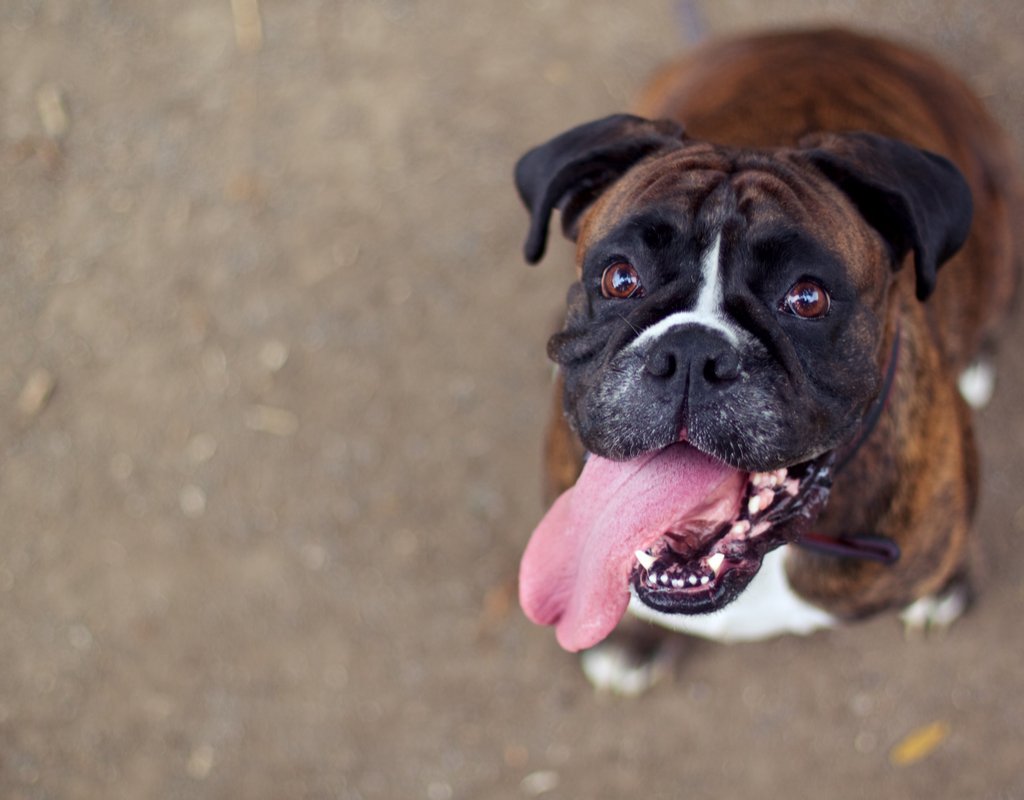
Now that CBD is taking the holistic world by awe, you’ve probably caught onto the CBD bug too. Whether you’re new to CBD oil or you know someone that has tried it or you’ve been recommended to read into it, you’ve got questions, a ton of questions.
So where do you start? Which CBD product is right for me? What dosage is right for me? As you’re wondering this, so is your veterinarian. Not only is CBD oil being continuously considered safe and non-toxic, veterinary medicine is quickly jumping onto the therapeutic benefits it may provide to your animals.
If your vet has recently suggested looking into CBD oil for your pet, how the heck do you decide which dosage to give fido? In today’s article, we’ll cover the basics of CBD oil for pets, the importance of consulting with your veterinarian, and how a CBD dosage calculator may be helpful for picking a dosage fit for your pet’s needs.
Let’s get into it!
What is Cannabidiol (CBD)?
Let’s discuss CBD first. CBD is the medical abbreviation for cannabidiol, a compound derived from the cannabis plant. Though the cannabis plant has been around for centuries, with claims of healing and medical benefits, CBD isn’t as ancient in its findings.
CBD is just one of 100+ phytocannabinoids that can be derived from the cannabis plant. The cannabis plant term can be heard interchangeably with hemp and marijuana plants. But, do note, there are distinct differences between the marijuana and hemp plants.

Marijuana-derived CBD is not legal in all states. However, hemp-derived CBD is legal in all 50 states. The big difference here: marijuana plants contain tetrahydrocannabinol (THC), which is well-known to produce mind-altering effects in users. Hemp plants contain little to no THC (0.0 – 0.3% THC).
How Does CBD Work for Our Dogs?
Just like us humans, dogs have an endocannabinoid system, or for short, an ECS. Each and every one of us, including our pets, has an ECS. Our ECS works alongside other major organ systems to help keep our body in a homeostatic balance.
Within our endocannabinoid system, there are cannabinoid receptors that work to communicate with other body receptors traveling to and from the brain. There are two main receptors working within our ECS: cannabinoid-receptor 1 (CB1) and cannabinoid-receptor 2 (CB2). These receptors connect with different cannabinoids, well, differently. For instance, CBD binds indirectly with CB1 and CB2 and THC binds directly with CB1 and CB2. Thus, users may feel a “high” with THC due to the euphoric binds to cannabinoid receptors.
CBD is quickly becoming a magical herb to help with pets. Veterinarians are welcoming CBD oils and treats for animals. The research behind the ECS, CBD oil, and its effect on animals isn’t slowing down any time soon either.
What type of CBD Do I Give My Dog?
Before we start discussing proper dosage for your pets, let’s talk about the different types of CBD available.
Again, hemp-derived CBD is the only CBD you should be giving your pet. Marijuana-derived CBD can be extremely dangerous and harmful to pets, potentially even toxic and life-threatening. Hemp-derived CBD contains little to no THC, meaning, your pu won’t get “high” or “stoned”.
There are various types of CBD available on the market today, for fido and us humans! Some of the most commonly seen CBD products for pets are:





